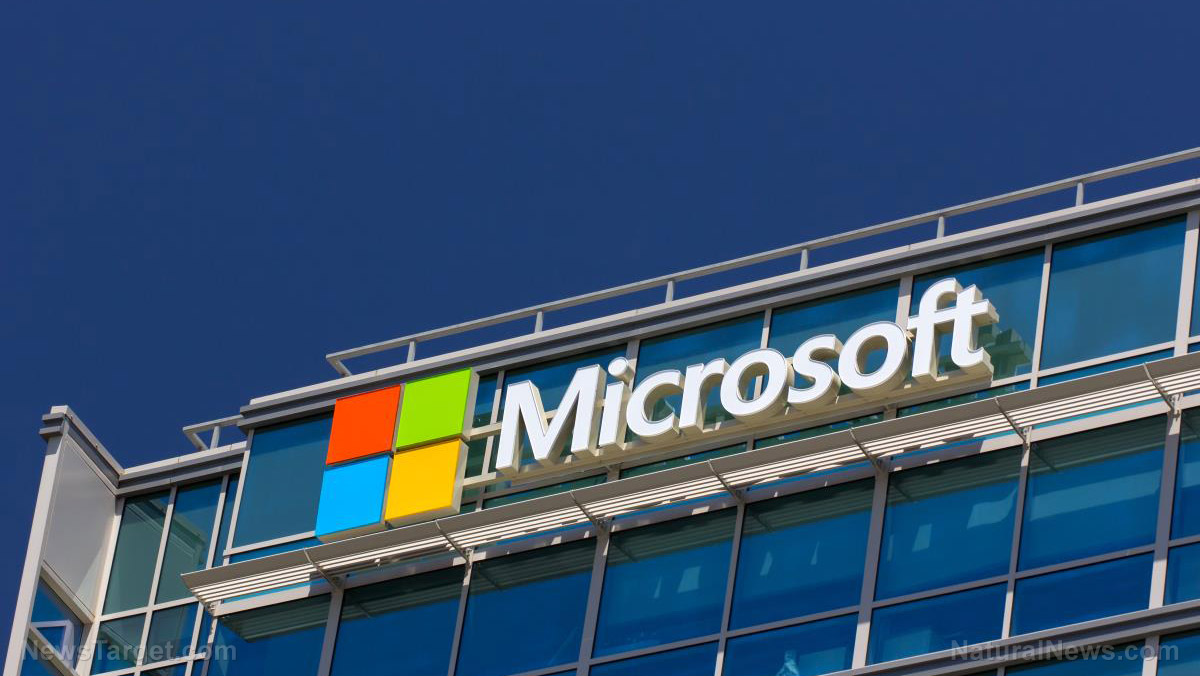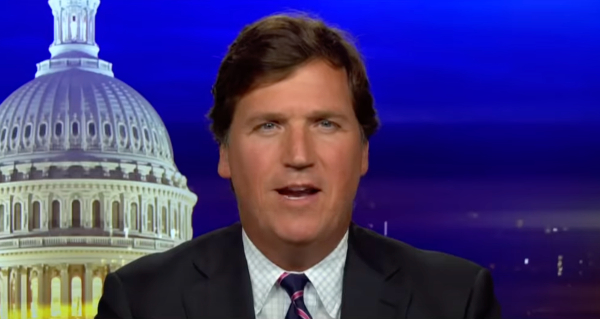Whistleblower claims Microsoft is bribing clients in order to bolster profits
04/15/2022 / By JD Heyes

A whistleblower who has worked at Microsoft for two decades is claiming that the big tech behemoth has been bribing clients for years in order to boost profits.
Specifically, according to Great Game India, whistleblower Yasser Elabd said in an online post that Microsoft is wasting millions of public dollars on unused products to the financial benefit of a few well-connected officials, partners and employees in the Middle East and Africa. What’s more, he said that the U.S. Securities and Exchange Commission has turned a blind eye to Microsoft’s alleged actions.
“I was recruited by Microsoft in 1998, and I helped bring the company’s products throughout the Middle East and Africa for the next 20 years. I was successful and received many promotions,” Elabd wrote in a post on the website Lioness.
“But eventually, I noticed something strange: many employees younger than me, in lower positions, were driving luxury cars and purchasing homes sometimes worth millions of dollars,” he continued. “For my part, I could not afford to buy a home, let alone anything else luxurious, despite my career success. I wondered, naively, whether these colleagues had families with money—but if so, why would they be working on a Microsoft sales team?”
Eladb noted that he ignored the situation and went on to do his job with Microsoft’s business doing very well in both regions, making good contacts with public officials in Ghana, Nigeria, Zimbabwe, Qatar, Egypt, Ethiopia, Kenya and several other countries. He also wrote that he sold licensing and solutions to Saudi Arabia’s Ministry of Health, Ministry of the Interior and National Guard, adding that the sub-Saharan Africa team he assembled generated $1 million in sales in 2002, growing to more than $15 million just a year later.
Today, Eladb wrote, Microsoft’s revenue in these regions has risen to $4 billion “with its near-monopoly.”
“To accomplish this kind of growth in such a short time, Microsoft has long utilized a network of partners known as Licensing Solution Partners, who are authorized to engage with large public customers because they possess certain technical and business competencies,” he wrote. “Together with these partners, Microsoft brings e-health solutions to hospitals and GPS and digitized services (such as online tax payments) to government agencies. The partner then takes a share of Microsoft’s licensing sales revenue, usually 10–15 percent.”
He went on to explain that one way the tech giant closes deals is by using those partners to create business investment funds that go to pay for training or to develop pilot projects that could later lead to long-term deals. Because he was the director of public sector and emerging markets for Africa and the Middle East, Eladb said he oversaw those funds requests.
He wrote:
In 2016, a request came through in the amount of $40,000 to accelerate closing a deal in one African country. When I looked through the submission, I immediately knew something was wrong. The customer did not appear in Microsoft’s internal database of potential clients. On top of that, the partner in the deal was underqualified for the project’s outlined scope, and he wasn’t even supposed to be doing business with Microsoft: he had been terminated four months earlier for poor performance on the sales team, and corporate policy prohibits former employees from working as partners for six months from their departure without special approval.
I brought these issues up with the Microsoft services architect who wrote the request, asking why she didn’t take the work in this case to our very capable in-house team, Microsoft Services. She said our in-house daily rate is very expensive, and she needed a less expensive team to handle the pilot.
Over time, managers and HR personnel became upset with Eladb’s questions regarding illicit skimming of funds to the tune of tens of millions of dollars by various agencies and government entities involved in making deals with Microsoft — skimming that the company was not only aware of but allowing to take place in order close deals. He was summarily fired in 2018 after a very successful career.
But while he says that Microsoft’s bribing for products that go unused is a brazen violation of U.S. law, the SEC and the Justice Department refuse to investigate Microsoft despite his providing both agencies with a mountain of evidence.
“As I alleged in my complaint to the SEC, Microsoft is violating the Foreign Corrupt Practices Act, and continues to do so brazenly. And why wouldn’t they? By declining to investigate these allegations and the evidence I’ve given them, the SEC and DOJ have given Microsoft the green light,” he concluded.
Sources include:
Submit a correction >>
Tagged Under:
Africa, big government, Big Tech, bribes, complaints, conspiracy, corruption, criminal behavior, deception, Illegal, Justice Department, Microsoft, Middle East, SEC, tech giant, technocrat, traitors, whistleblower
This article may contain statements that reflect the opinion of the author
RECENT NEWS & ARTICLES
COPYRIGHT © 2017 INSANITY NEWS




















